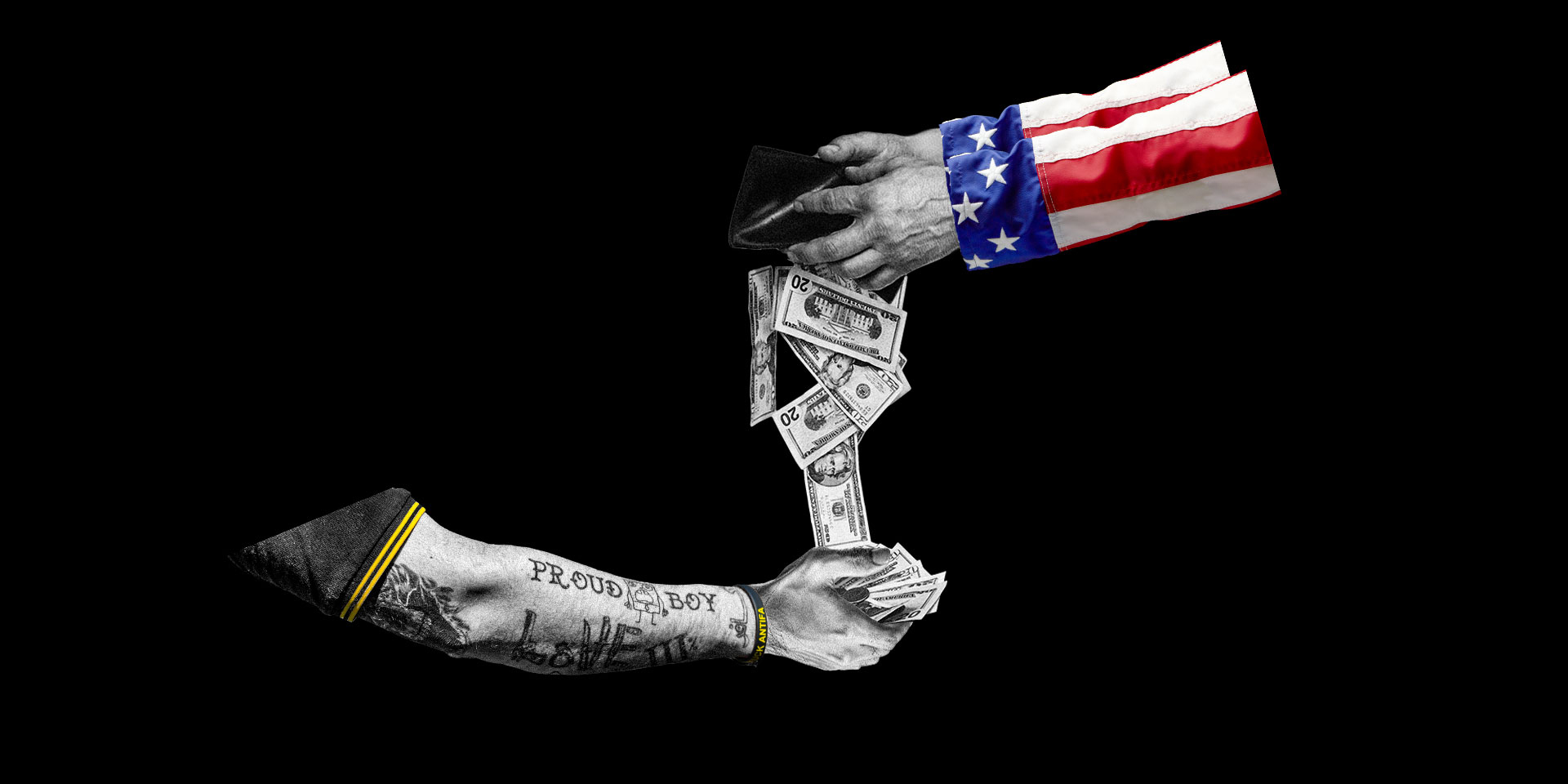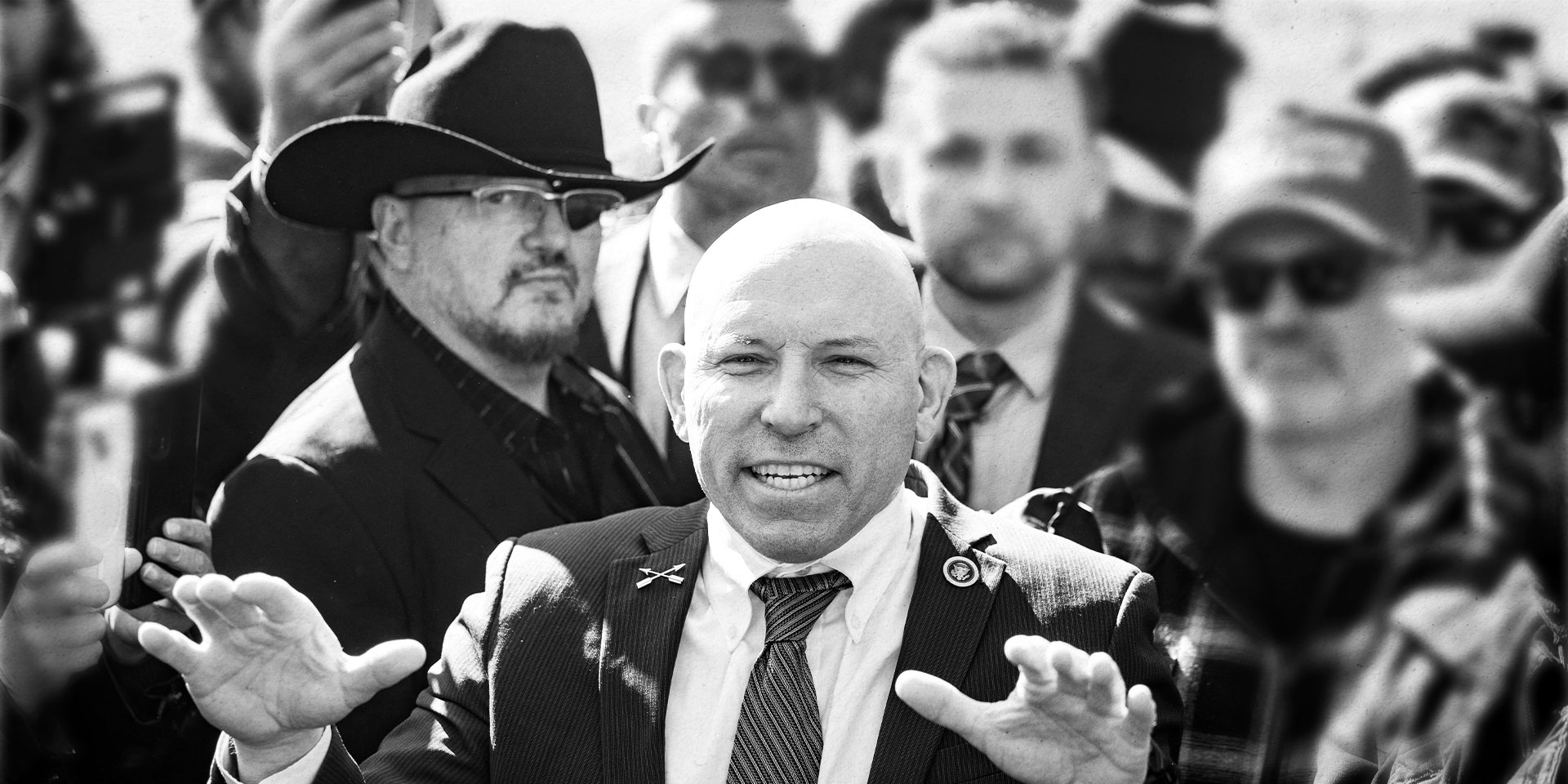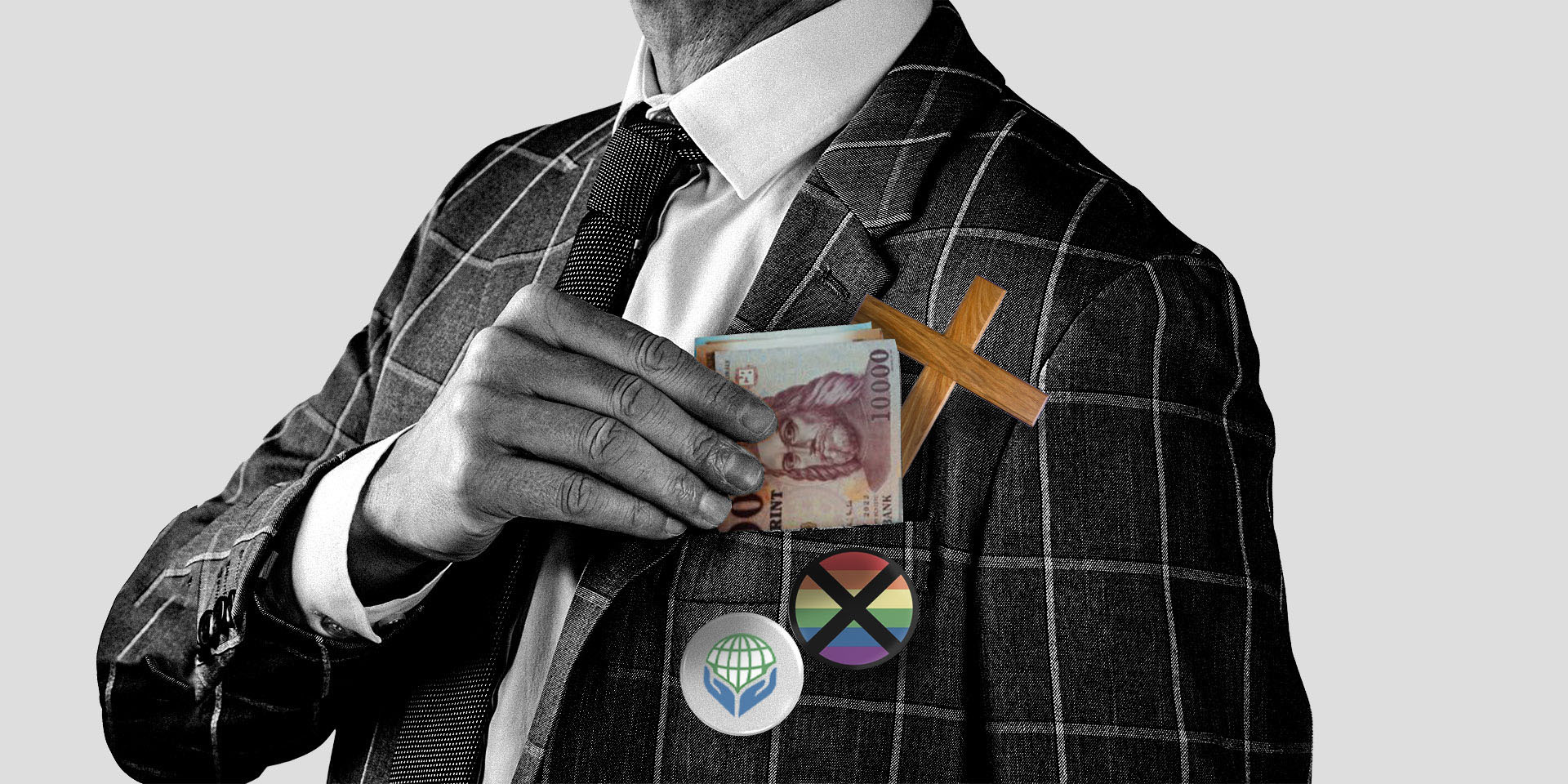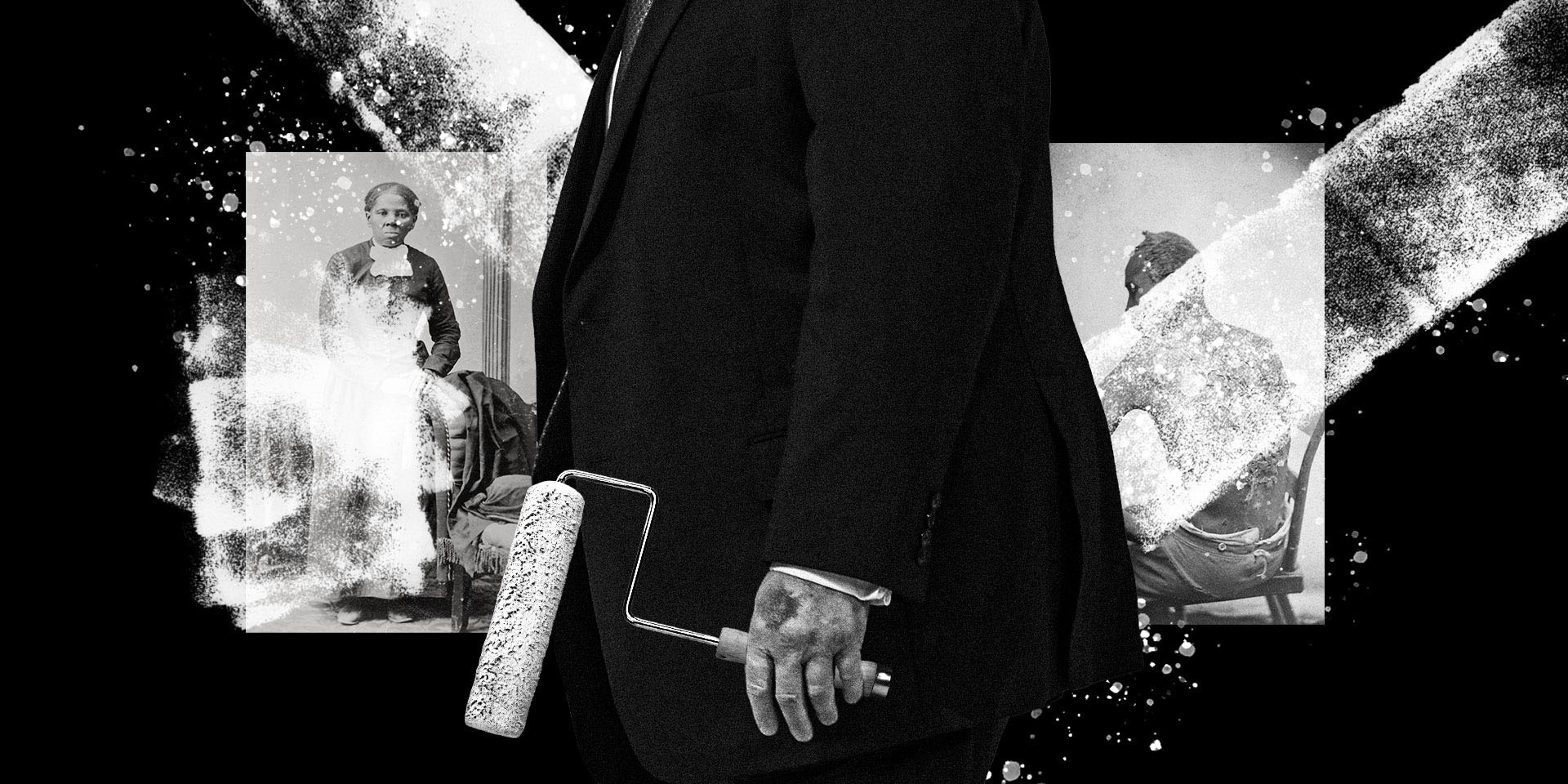In June, members of the Proud Boys filed a $100 million lawsuit against the Department of Justice (DOJ), claiming the government violated their constitutional rights when it prosecuted them for their involvement in the events of Jan. 6, 2021, at the U.S. Capitol. Despite what some experts say are dubious legal grounds, the case appears to have a reasonable chance of ending in a settlement for the Proud Boys, setting a dangerous precedent and effectively forcing American taxpayers to fund violent extremists.
Four of the five plaintiffs — Enrique Tarrio, Joseph Biggs, Zachary Rehl and Ethan Nordean — were found guilty of seditious conspiracy, while Dominic Pezzola was found guilty of lesser charges. In his first day in office, President Donald Trump commuted the sentences of Biggs, Rehl, Nordean and Pezzola and pardoned Tarrio along with nearly all other Jan. 6 defendants.
The suit leans into the far-right conspiracy theory that the prosecutions under former President Joe Biden’s administration were politically motivated, alleging that “the government got its fondest wish of imprisoning the J6 Defendants, the modern equivalent of placing one’s enemies’ heads on a spike outside the town wall as a warning to any who would think to challenge the status quo.” It relitigates many arguments that the Proud Boys members unsuccessfully made at their trial, including unsubstantiated allegations that the government altered or destroyed evidence that could have proven their innocence.
Not mentioned in the lawsuit is the mountain of evidence a jury relied upon to convict the five men: that they formed a military-style “fighting force” that helped overtake the Capitol, formed a Telegram chat called the “Ministry of Self Defense” in which Proud Boys coordinated and celebrated their actions that day, and were present at crucial locations where the building was penetrated. In a video recorded by Rehl, prosecutors said he could be heard shouting, “F— them, storm the Capitol!” at protesters as a mob approached the building. Pezzola used a stolen police riot shield to smash a Capitol window, creating the first breach. “Make no mistake, we did this,” Tarrio posted in the Telegram chat after rioters entered the building.
Originally, the Proud Boys chose longtime white nationalist activist Augustus Sol Invictus to represent them. The magistrate judge, however, removed him from the case when he learned that Invictus had failed to report a felony on his record in violation of local rules of practice. The felony stems from his participation in the deadly 2017 “Unite the Right” rally in Charlottesville, Virginia.
The political terrain shifted immediately once Trump entered office for his second term, setting the stage for Tarrio and his fellow Proud Boys to take, as Tarrio put it in a Telegram post, “our Retribution and Retaliation.” After referring to people charged in the events of Jan. 6, 2021, as “political prisoners,” “hostages” and “patriots” on the campaign trail, Trump marked the first day of his presidency by pardoning nearly 1,600 people the DOJ prosecuted for the events of Jan. 6, 2021.
Tarrio also claimed that Trump apologized for the DOJ’s actions while the two allegedly spoke at an event at the president’s Mar-a-Lago property in Florida. “He called me and my Mother over while we were at dinner and said he was sorry for what [Joe Biden] did to all J6ers,” Tarrio posted on X on May 3. “He knew the hardships me and my family faced for 3 long years.” Tarrio said the president told him he was “working on making things right. I thanked him for giving me my life back. He replied with…I Love You guys.”
“To the J6ers he wanted me to send yall a message,” Tarrio wrote. “He said…Thank you.”
The Proud Boys’ lawsuit puts Trump’s Department of Justice in the awkward position of defending his predecessor’s actions, which Trump described as “a grave national injustice that has been perpetrated upon the American people over the last four years” in his proclamation granting pardons and commutations for Jan. 6 defendants. His administration even took the step of creating a “Weaponization Working Group” to identify instances in which the actions of Biden’s DOJ appear “to have been designed to achieve political objectives or other improper aims rather than pursuing justice or legitimate governmental objectives.” Among other targets, the group is tasked with examining “improper investigative tactics and unethical prosecutions” related to Jan. 6.
Considering Trump’s pardons, his administration’s repeated attempts to vilify Biden’s DOJ, and his consistent efforts to cast rioters as political martyrs, it is difficult to imagine his administration would zealously defend the United States against the Proud Boys’ lawsuit. A settlement with the J6ers appears all the more likely because his administration has done it previously. In late May, the administration settled a wrongful death lawsuit brought by the family of Ashli Babbitt, a Trump supporter who breached the Capitol and was shot and killed by police as she attempted to enter the House Speaker’s Lobby. Even though the joint investigation by the U.S. Attorney’s Office for the District of Columbia and the DOJ found that the officer who shot Babbitt did not violate any laws, the Trump administration agreed to pay her family nearly $5 million.
Settling with the Proud Boys would rewrite the past by fully recasting some of the main organizers and participants in the events at the Capitol as patriots and martyrs, rather than far-right brawlers acting to overthrow the results of a democratic election. Historian Allan Lichtman recently pointed out that this would not be unlike the aftermath of the Civil War, when the country’s leniency toward Confederates — including pardoning high-ranking leaders — later allowed segregationists to cast the defenders of slavery as “noble.”
As Union Gen. George Thomas warned in 1868, “The crime of treason might be covered with a counterfeit varnish of patriotism, so that the precipitators of the rebellion might go down in history hand-in-hand with the defenders of the (U.S.) Government.” Like the country’s failure to cast Confederates out of the nation’s political life, a settlement in this case, alongside Trump’s pardons, could change the country’s perceptions of their actions for decades, if not centuries. That mythology would change the future, giving rioters and other hard-right actors further ammunition to justify acts of violence, racism and cruelty as acts of patriotism.
Few things could do more to illuminate the administration’s priorities and financial irresponsibility than settling with the Proud Boys and using taxpayer money to fund white supremacy, far-right violence and bigotry. But it would not be far afield of some of the administration’s other recent financial decisions. Through its “big, beautiful” budget bill, the Republican-led Congress has chosen to slash funding to the neediest while funneling money to billionaires and toward a massive, unprecedented system of incarceration and deportation for immigrants.
Up to 20 million people are predicted to lose their health care coverage through Medicaid, which covers children and adults with low incomes, while Immigration and Customs Enforcement will receive a $45 billion windfall to build, among other things, detention centers whose purpose and construction are eerily reminiscent of Nazi concentration camps. Using taxpayer money to fund a group like the Proud Boys would only further highlight the far right’s clear commitment: propping up those willing to use violence — through mob action or deprivation — to end democracy, punish its political enemies and further harm those who are already most marginalized.
Illustration at top by the SPLC.






